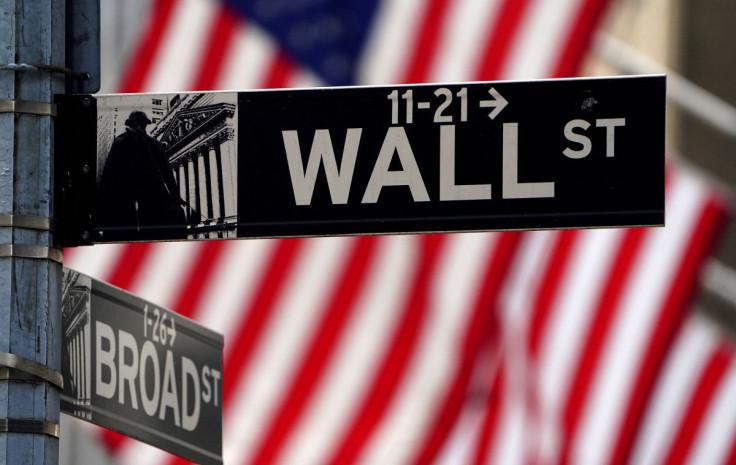Wall Street's Big Slide Makes Retail Investors Wary To 'Buy The Dip'

U.S. investors have apparently been losing their appetite to "buy the dip" during Wall Street's recent slide, further eroding support for a market pummeled by worries over everything from tightening monetary policy to the war in Ukraine.
Options trading data tracked by Vanda Research showed that purchases of calls - typically employed to express a bullish view of stock prices - have fallen close to year-to-date lows for the tech-heavy Invesco QQQ ETF, which tracks the tech-heavy Nasdaq Composite Index.
"There are initial signs that retail might be getting a bit tired of losing their money," said Lucas Mantle, a data science analyst at Vanda Research. "It's been a messy couple of weeks."
Retail investors emerged as a powerful force as the S&P more than doubled from its March 2020 lows following the COVID-19 pandemic. They helped fuel rallies in so-called meme stocks like GameStop Corp and AMC Entertainment Holdings while also betting on shares of massive growth names such as Tesla and Nvidia Corp.
Buying the dip had become "a generally foolproof strategy" during that time, said Steve Sosnick, chief strategist at brokerage Interactive Brokers. Broader market selloffs were mitigated as investors raced to buy beaten up stocks.
A sustained reluctance to capitalize on stock declines now could make this an even more bruising year for equities. The S&P 500, which fell 2.8% on Tuesday, is down 12.4% year-to-date.
Data from Interactive Brokers pointed to further signs investors may be more hesitant to jump in during stock weakness, with margin lending at the brokerage steadily declining this year since peaking at the end of 2021, Sosnick said.
"All seemingly foolproof strategies run their course," he said, adding that "many who were conditioned to reflexively buy dips learned the hard way that not every dip was indeed a buying opportunity."
As market volatility has increased this year and the buzz around so-called meme stocks has eased, users at TradeZero have been less active, said Dan Pipitone, chief executive officer of the online brokerage.
"We went from a hyper-trading environment to now, more of a buy-and hold approach, while also taking on some intra-day trades ... on single names that may be less impacted by outside forces and things that are unpredictable like the war in Ukraine or the supply chain," he said.
© Copyright Thomson Reuters 2024. All rights reserved.



















